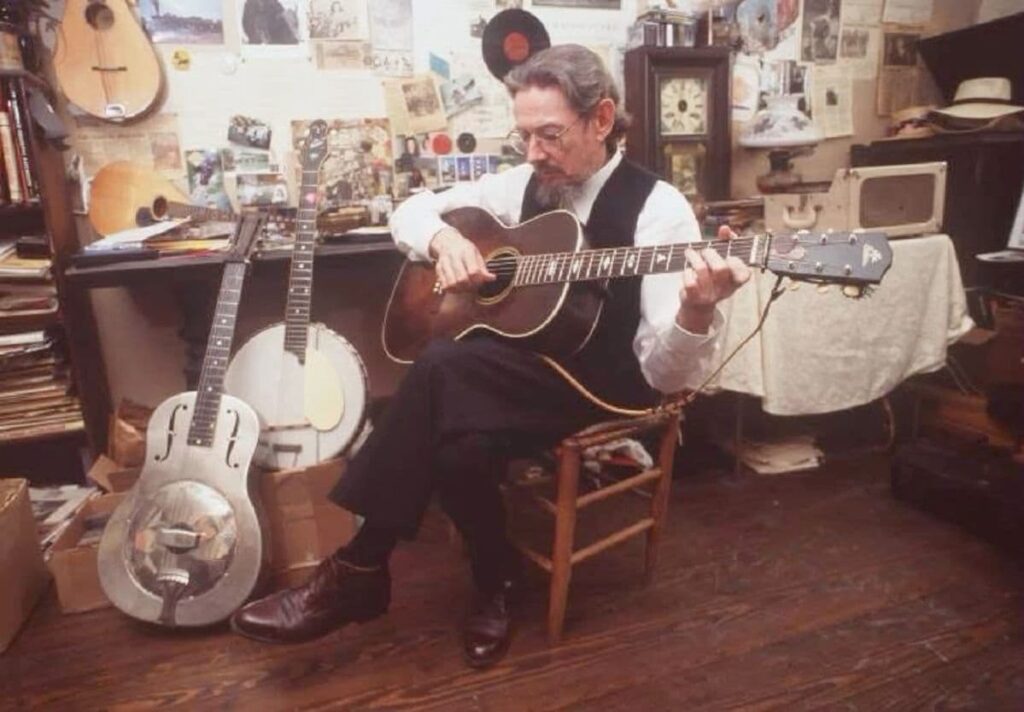
A Ray of Enduring Hope: The Timeless Message of “You Are My Sunshine”
There are some songs that, with just a few opening notes, instantly transport us back in time. They carry the weight of countless memories, echoes of simpler days, and the bittersweet tang of nostalgia. “You Are My Sunshine,” in its myriad interpretations, is undoubtedly one such anthem. But for many of us, especially those with a fondness for the authentic sounds of American roots music, the rendition by the masterful flatpicker Norman Blake holds a particularly cherished place. While “You Are My Sunshine” itself has a long and winding history, Norman Blake’s rendition found a new generation of admirers as part of the phenomenally successful soundtrack to the 2000 Coen Brothers film, “O Brother, Where Art Thou?” This soundtrack, a Grammy Award-winning phenomenon, did not have traditional “chart positions” in the same way pop singles did at the time. Instead, it became a cultural touchstone, reigniting interest in old-time, bluegrass, and traditional American folk music, selling millions of copies and topping the Billboard 200 album chart for a remarkable run. It was within this rich tapestry of American musical heritage that Blake’s soulful and unadorned take on “You Are My Sunshine” resonated deeply, capturing the essence of the film’s Depression-era setting.
The story behind “You Are My Sunshine” is as layered and intriguing as its enduring popularity. While often credited to Jimmie Davis and Charles Mitchell, who copyrighted and published the song in 1940, its origins are somewhat disputed. Some accounts suggest the song was written earlier by Oliver Hood in the 1930s, and even prior recordings by the Pine Ridge Boys (1939) and the Rice Brothers’ Gang (1939) predate Davis’s famous version. Regardless of its precise authorship, the song quickly became a beloved standard. It’s a tune that has, over the decades, worn many hats: a country music staple, a children’s lullaby, a spiritual hymn, and even a political campaign theme (Jimmie Davis famously used it during his successful runs for Governor of Louisiana).
At its heart, “You Are My Sunshine” is a poignant lament wrapped in a deceptively simple melody. While the chorus is undeniably uplifting, evoking images of warmth and happiness, the verses reveal a deeper, more melancholic narrative. They speak of love lost, of shattered dreams, and the pain of separation: “The other night, dear, as I lay sleeping, I dreamed I held you in my arms / But when I awoke, dear, I was mistaken, so I hung my head and cried.” This dichotomy—the bright, hopeful chorus juxtaposed with the heartache of the verses—is what gives the song its profound emotional resonance. It’s a reflection of life itself: moments of pure joy interspersed with the inevitable pangs of sorrow and longing.
For listeners of a certain age, Norman Blake’s rendition on the “O Brother, Where Art Thou?” soundtrack evokes a particular kind of yearning. His acoustic guitar work is understated yet profoundly expressive, allowing the timeless melody and lyrics to shine through without any embellishment. It’s a performance that feels less like a polished studio recording and more like a cherished memory from a bygone era, perhaps a family gathering on a porch, bathed in the twilight glow, with voices rising in harmony. Blake’s interpretation is a testament to the song’s versatility and its ability to transcend genres and generations, connecting with listeners on a deeply personal level. It reminds us of the power of simple melodies and honest storytelling, a comfort in a world that often feels too fast and too complicated. It’s a reminder that even when skies are gray, there’s always a ray of sunshine, whether in a loved one’s presence or simply in the enduring power of a song.